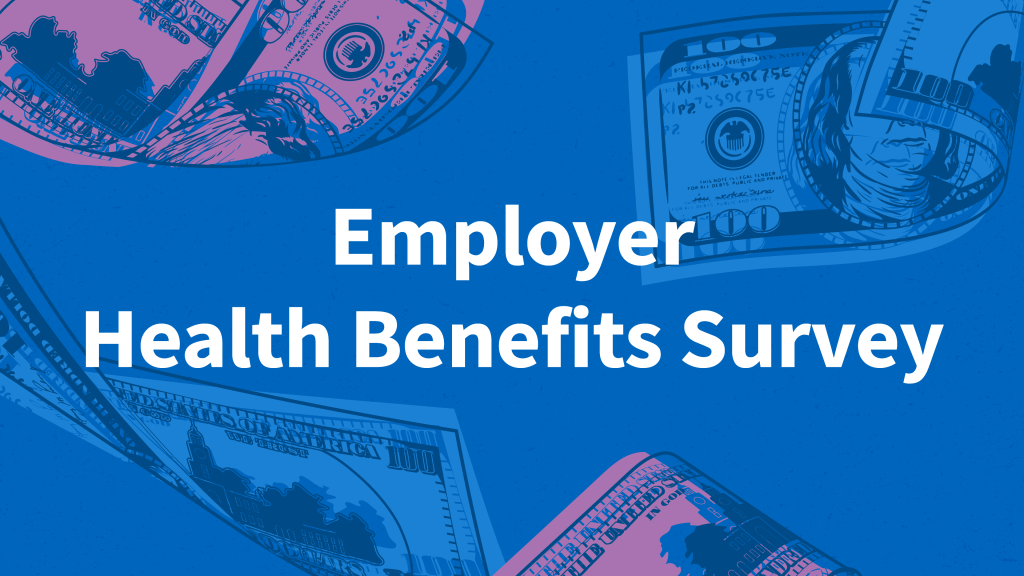Employer-Sponsored Health Insurance 101
This Health Policy 101 chapter explores employer-sponsored health insurance (ESI), the primary health coverage source for non-elderly residents in the U.S. In addition to detailing ESI requirements and incentives, structure, availability, and costs, the chapter examines ongoing challenges related to affordability and access to care for those with ESI coverage.
